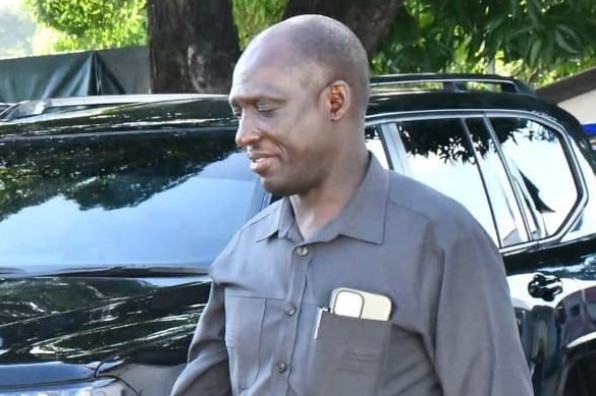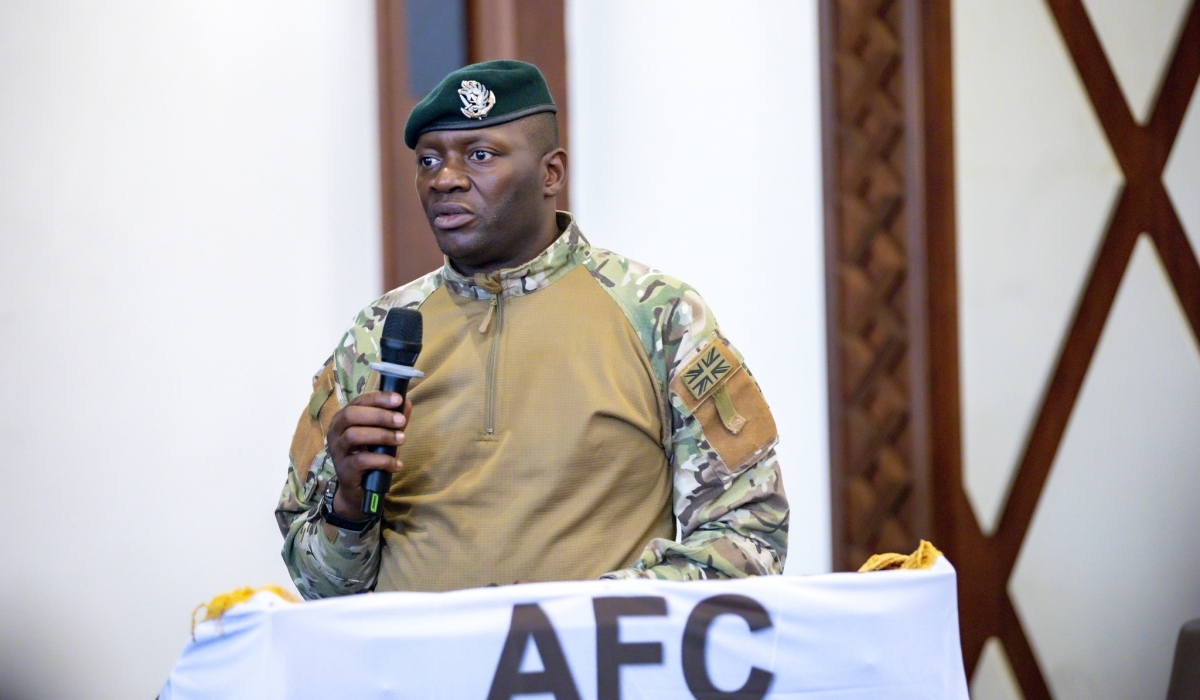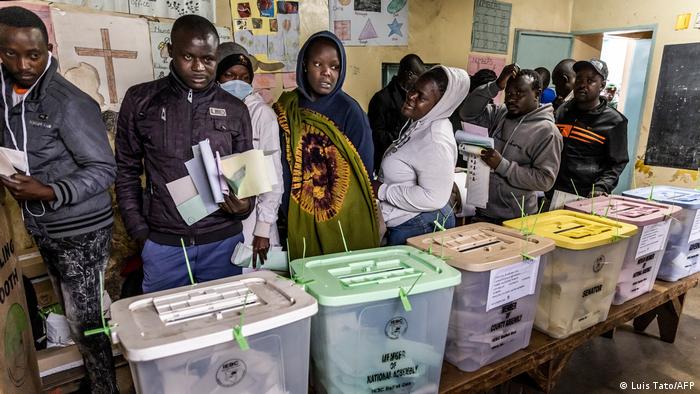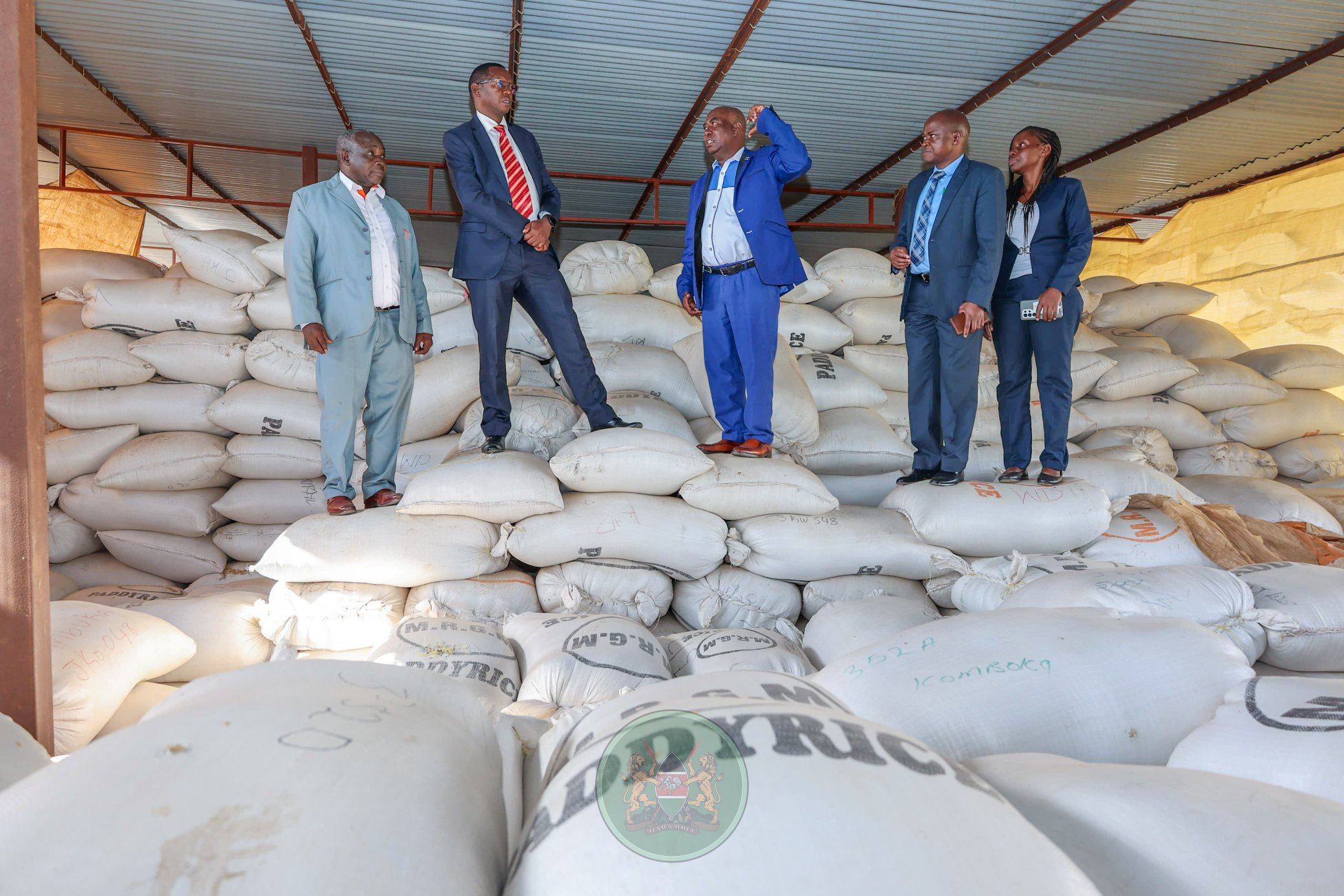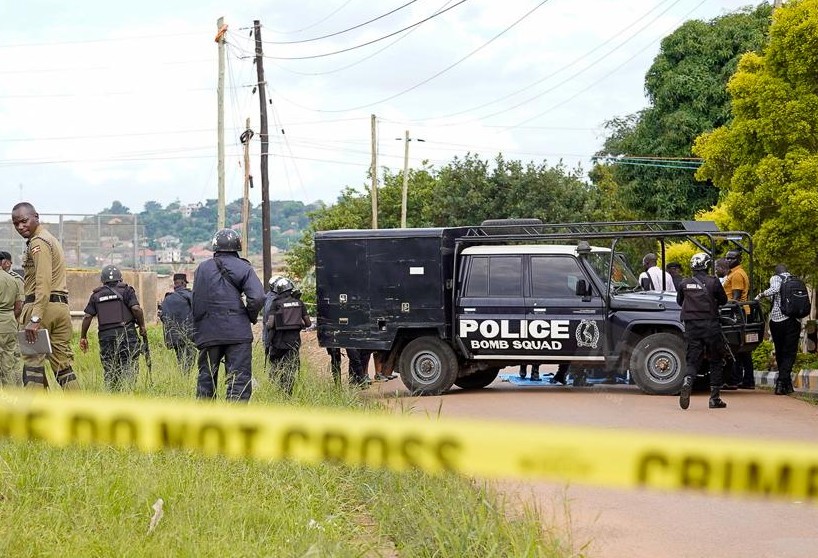Probes into brutal killing at KNH ongoing as state vows justice, enhanced hospital security
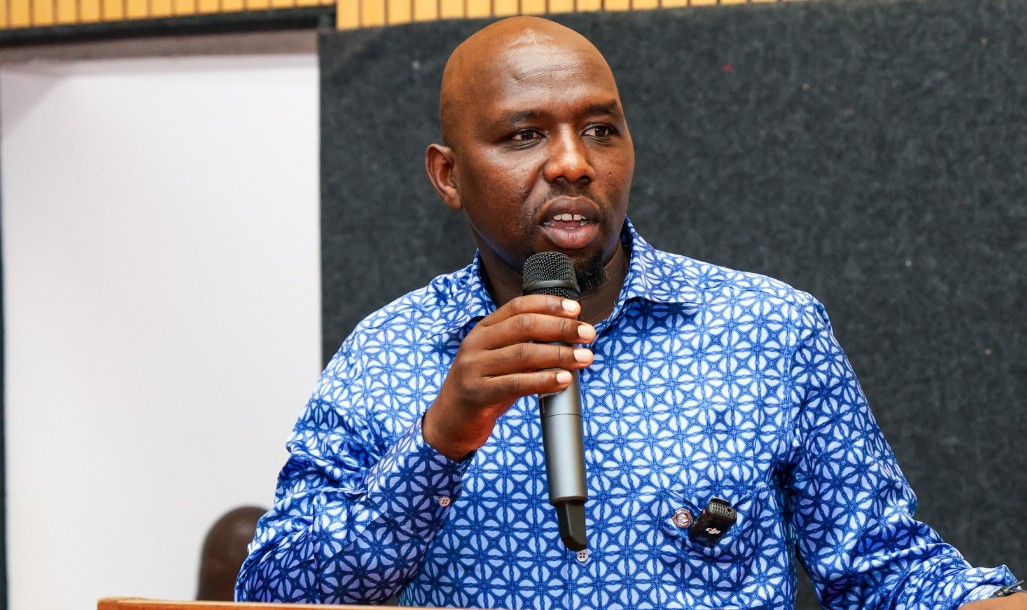
While appearing before the National Assembly Security Committee on Tuesday, Murkomen confirmed that detectives are working to uncover the full details behind the killing of Gilbert Kinyua Muthoni on February 7.
Investigations into the brutal killing of a patient at Kenyatta National Hospital (KNH) are still ongoing, with authorities promising justice once the process is complete.
Interior Cabinet Secretary Kipchumba Murkomen said the matter is being taken seriously, and no effort will be spared to ensure the perpetrators are held accountable.
More To Read
- Kenyatta National Hospital issues seven-day ultimatum for collection of 124 unclaimed bodies
- Cancer patients left in limbo as KNH radiotherapy machine breaks down
- Government announces new appointments across key ministries
- Pain for Gachagua as election violence against Ruto critics escalates
- Murkomen: Government has no official data on missing persons
- How officers recruitment freeze has affected police-to-civilian ratio- KNBS
While appearing before the National Assembly Security Committee on Tuesday, Murkomen confirmed that detectives are working to uncover the full details behind the killing of Gilbert Kinyua Muthoni on February 7.
Muthoni was found dead inside Ward 7B of the hospital's neurology unit, with injuries that suggested a violent attack.
"The investigations are ongoing, and once finalised, any person or persons found culpable will be arraigned in court," Murkomen told the committee, responding to a query by Nyeri Woman Rep Rahab Mukami.
He described a disturbing crime scene in a shared ward, where the victim had sustained a deep cut to the throat, and blood was visible on the bedding and floor.
The ward’s cube had two beds, indicating that Muthoni was not alone.
Investigators noted a trail of blood between the two beds, with what appeared to be blood-stained crocks belonging to the roommate.
Traces of blood were also found under the fingernails of the other patient.
Recovered from rooftop
A kitchen knife, suspected to be the murder weapon, was later recovered from the rooftop of a building located within sight of the room.
Samples collected from the scene—including the knife, blood droplets, and fingernail swabs—were sent to the Government Chemist for analysis.
“The suspected blood traces from the floor, crocks, knife and fingernails were swabbed and submitted to the Government Chemist in Nairobi on February 7, 2025, for forensic analysis,” Murkomen said.
Preliminary DNA results showed that the blood on the floor and the knife matched the victim.
However, there was no trace of foreign DNA under the roommate’s fingernails, and the blood on the crocks was minimal.
Forensic testing of additional samples is still underway.
Statements were recorded from hospital staff, a cleaner, and another patient in the ward, while CCTV footage from the facility was obtained to support the investigation.
A post-mortem was conducted on February 20, with further tests on toxicology and DNA currently pending.
Murkomen noted that once all forensic reports are in, the case file will be submitted to the Office of the Director of Public Prosecutions for review.
To prevent such incidents in the future, Murkomen said the government is enhancing safety in hospitals by installing surveillance systems, security scanners, and increasing police presence.
He also encouraged the public to provide information anonymously via the DCI’s toll-free number, 0800 722 203.
“The DCI has made this case a priority,” Murkomen said, as he called on all hospital stakeholders to cooperate with ongoing investigations.
Top Stories Today








